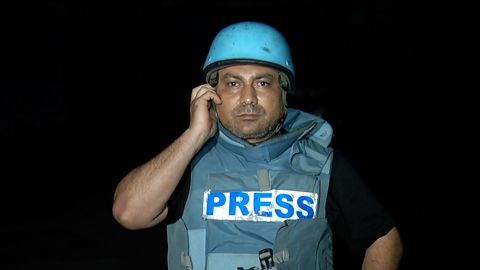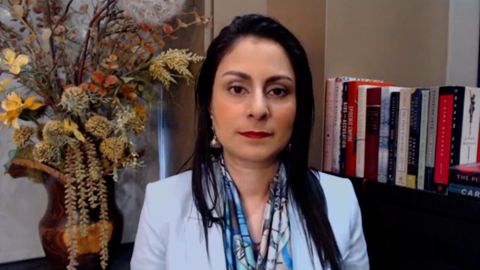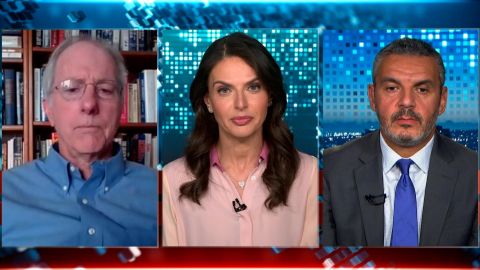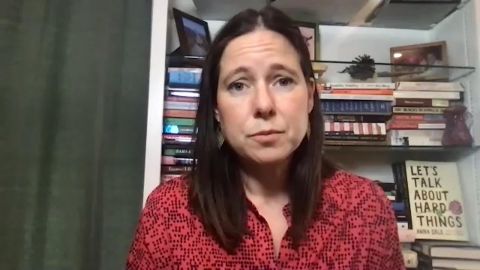Read Transcript EXPAND
DENNIS ROSS, FORMER U.S. ENVOY TO MIDDLE EAST: Well, look, the key challenge right now is, from an Israeli standpoint, to satisfy themselves that they have reestablished deterrence. And that means degrading the military capabilities of Hamas to a certain point and reminding Hamas that the cost of what they’re incurring right now are the result of having started launching rockets to begin with. Obviously, from a Hamas standpoint, they want to prove a point. They want to show they can inflict pain on the Israelis. The reality, I think, at this point is, both sides are probably not that far from where they want to be. The question is, how do you get them at this point to agree to what will be a cease-fire? I think what the administration is doing is probably quietly saying to the Israelis, OK, we understand what your objectives are. Can you define them? What will convince you that you’re there? And bear in mind that the longer this goes on, and the more Palestinians are getting killed in Gaza, the more your case looks less compelling before the world. With the Egyptians, we should be talking and emphasizing the value of their mediation. Egypt has a very strong interest in proving to the Biden administration that it does things that are of value to the United States. So, I think they have a pretty high stake and trying to show that they can help broker this, and they do have leverage on Hamas. They control one of the borders for Hamas. So, I do see us at a point where a cease-fire may not be that far away, provided we don’t see something unexpected take place. But I think the real issue then is what comes next, because if we just go back to the status quo ante, we’re going to repeat this cycle again in the not-too-distant future.
BIANNA GOLODRYGA: And I want to get to what comes next in a minute. But I guess the first step is having a cease-fire and having the current violence sort of quell. And I want to ask you, Khaled, because there is no love lost between El- Sisi in Egypt and Hamas. Nevertheless, you have Egypt and now Qatari mediators now trying to bring in a cease-fire. And CNN is reporting that there are two main points of conflict here that’s disrupting this potential cease-fire. Hamas is demanding that Israel withdraw its troops from Al-Aqsa Mosque and that they also bring an end to the settlement at the Sheikh Jarrah settlement and bring an end to that eviction concern and the confrontation there, even though we are expecting to see a court hearing from the Supreme Court in Israel that was delayed. On the flip side, Israel is saying that they would like for Hamas to initiate this cease-fire. So, neither side is budging yet. What will it take?
KHALED ELGINDY, FORMER ADVISER TO PALESTINIAN AUTHORITY LEADERSHIP: Yes, I mean, basically, what these rallies have asked Hamas is, you stop firing, and then we will stop firing at some point later on. But they’re — the Israeli side is rejecting the idea of a simultaneous or mutual cease-fire at this moment.
About This Episode EXPAND
Dennis Ross; Khaled Elgindy; Safwat al-Kahlout; Dr. Céline Gounder; Anna Sale
LEARN MORE



